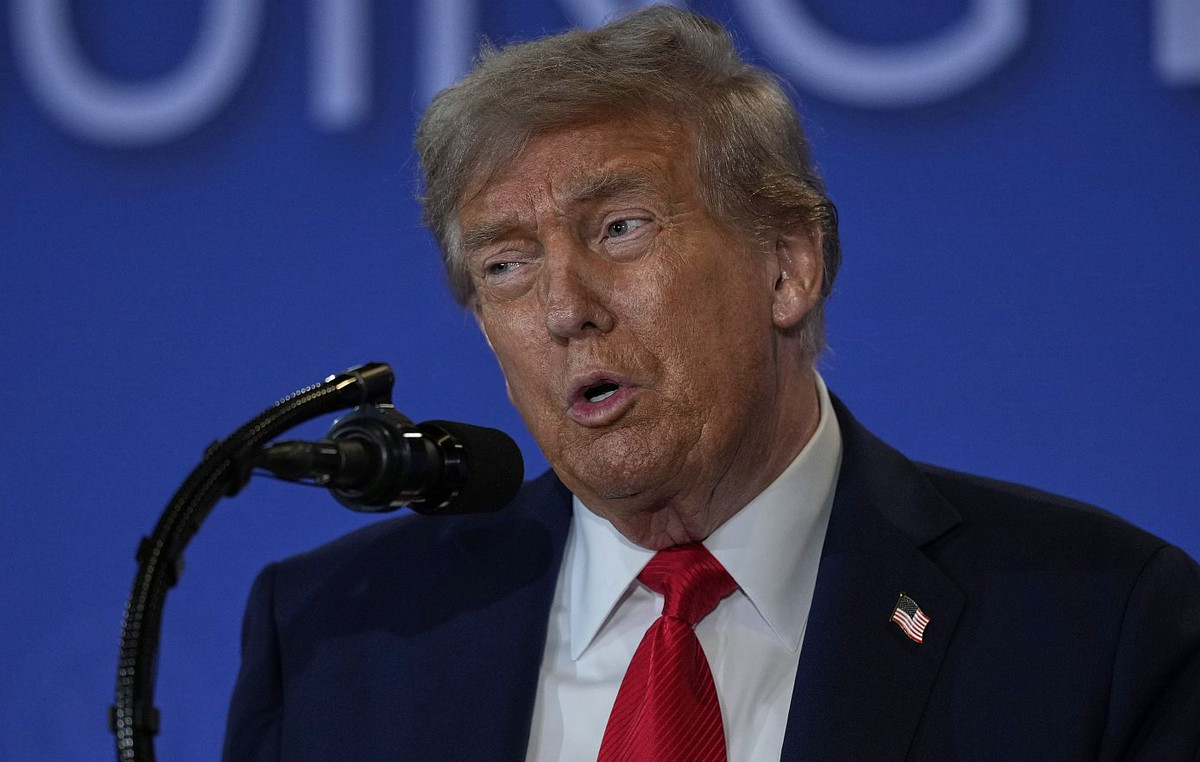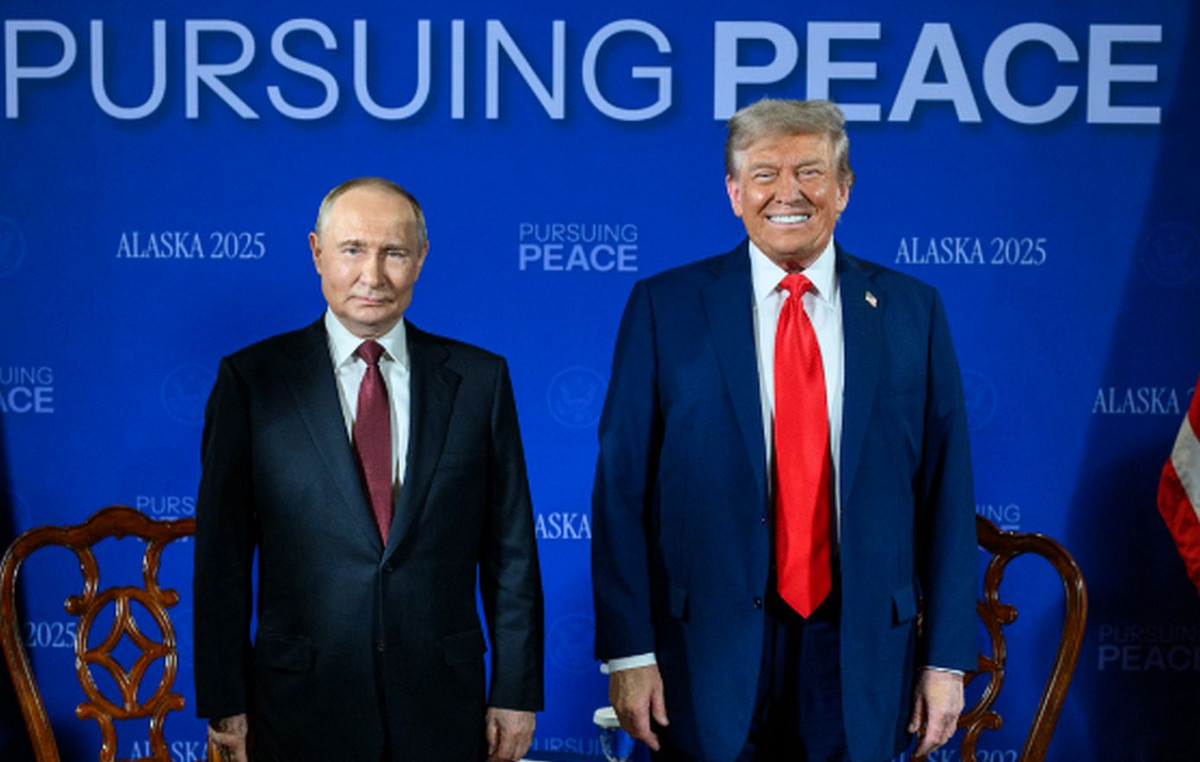Marion Timóteo, 11 years old, received the dose of the vaccine early this Monday morning (17), at the Museum of Tomorrow, which is one of the places transformed by the city of Rio de Janeiro into vaccination posts against the coronavirus. “It didn’t hurt at all,” said the resident of Morro da Providência.
The children’s immunization schedule starts this Monday with 11-year-old girls. On Tuesday (18) it’s the boys’ turn and, on Wednesday, there is a repechage for the age group. Children with disabilities or comorbidities can seek the posts on any day, regardless of age.
The capital of Rio de Janeiro received 33,950 pediatric doses from Pfizer to start immunization, which corresponds to 6% of what is needed to vaccinate the approximately 560,000 people aged between five and 11 who live in the city. The quantitative allows applications until Wednesday.
According to the municipal secretary of Health, Daniel Soranz, however, the expectation is that more doses will be sent in the coming days and guarantee the entire first week of the campaign. A second batch, initially scheduled for the 20th, was advanced. On Sunday (16), 1.2 million pediatric immunizers from Pfizer arrived in Brazil via Viracopos International Airport, in Campinas (SP). The Ministry of Health is expected to release the distribution details earlier this week.
According to Soranz, Rio would have the capacity to immunize the entire target audience in a week, but the calendar was staggered according to the expectation of the arrival of vaccines in the country. In this way, the planning published by the City of Rio de Janeiro separated three days of the week for each age, always starting with the girls, followed by the boys and recapping. So, by the end of this week, people aged 10 and 11 will be vaccinated. The expectation of the Municipal Health Department is to finalize the schedule by February 9. However, the forecast depends on the sending of doses by the federal government to be implemented.
In the state, vaccination of children started by the indigenous people
On Friday night (14), to applause from the entire tribe, Sofia da Silva (Yva Mirim), of the Guarani ethnicity, received the immunizer from Pfizer, in the village of Mata Verde Bonita, in Maricá, in the Metropolitan Region of the state. The eight-year-old girl was the first child vaccinated in the state of Rio de Janeiro.
In addition to indigenous people, Maricá also continues to immunize other children, with priority given to cases of comorbidities or permanent disabilities.
Across the state of Rio de Janeiro, the expectation is that 1.5 million children between five and 11 years old will be immunized against the coronavirus. “I will take my children to be vaccinated when the calendar reaches their age. It is very important that fathers and mothers take care of children’s health and ensure that they are immunized against Covid-19. It is an educational action that teaches young people that health is a collective responsibility. The more vaccine, the better”, said governor Cláudio Castro.
Vaccination in the country
Rio de Janeiro is one of the ten capitals in the country that start vaccination against Covid-19 this Monday (17), along with São Paulo (SP), Teresina (PI), Goiânia (GO), Maceió (AL). ), Manaus (AM), Porto Velho (RO), Curitiba (PR), Belém (PA) and Macapá (AP). On Sunday (16), immunization began in João Pessoa (PB) and the Federal District. Another nine capitals start the second week of the campaign, after the ‘kick’ given last Friday (15): Florianópolis (SC), Belo Horizonte (MG), Campo Grande (MS), Salvador (BA), São Luís ( MA), Fortaleza (CE), Aracaju (SE), Vitória (ES) and Recife (PE). Porto Alegre (RS) scheduled the start for next Wednesday (19) and Palmas, for Thursday (20). Boa Vista (RR) still organizes the calendar, while Rio Branco (AC), Natal (RN) and Cuiabá (MT) depend on receiving doses.
Reference: CNN Brasil







